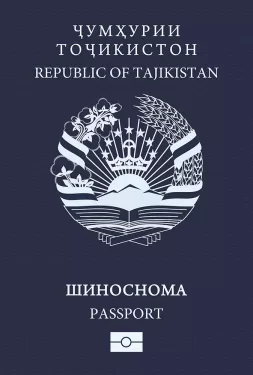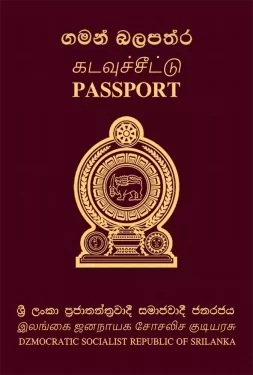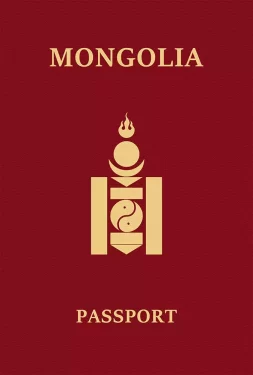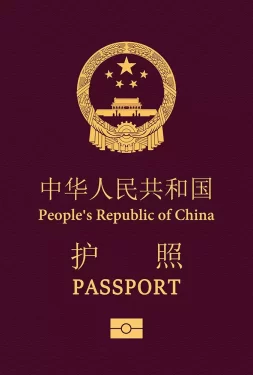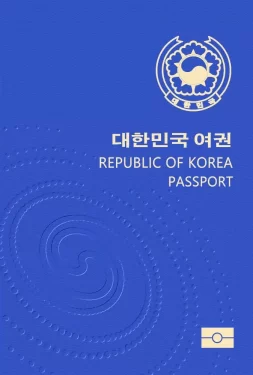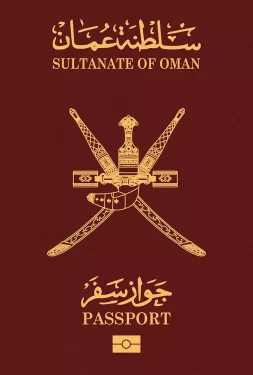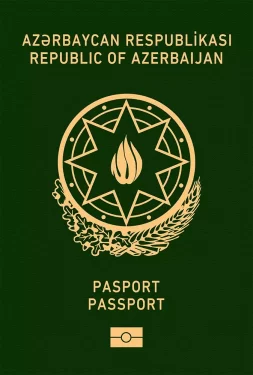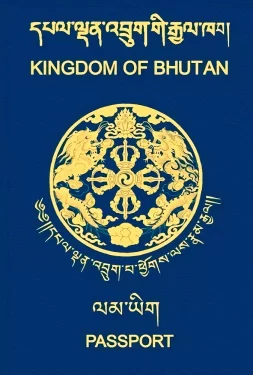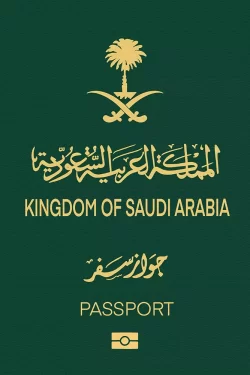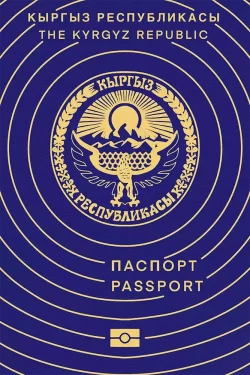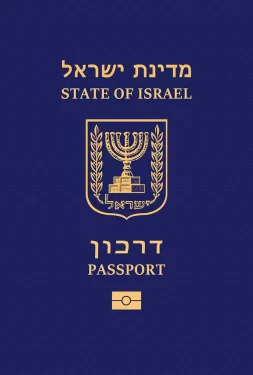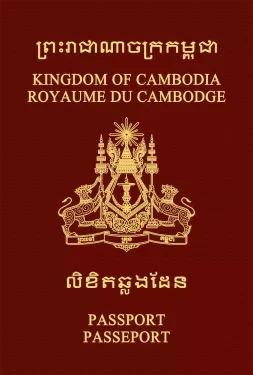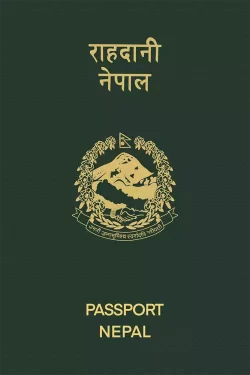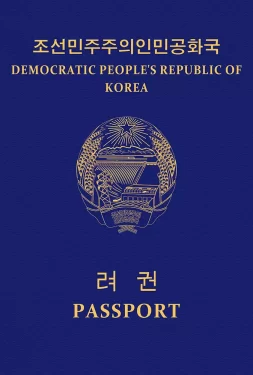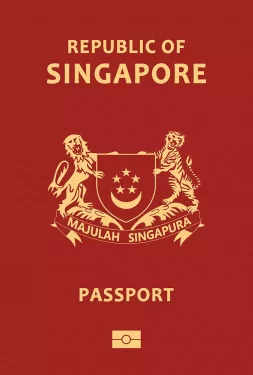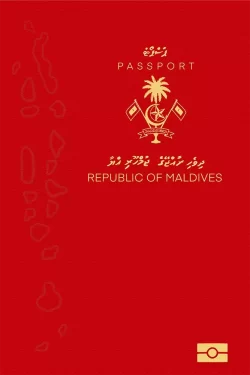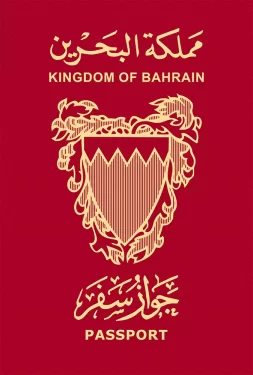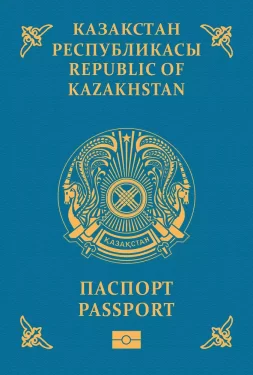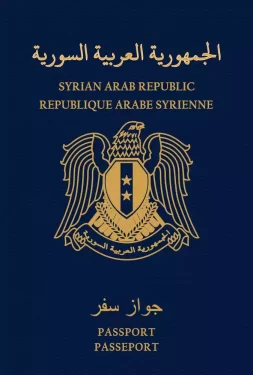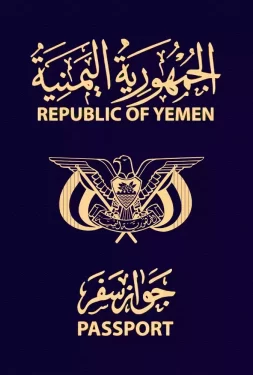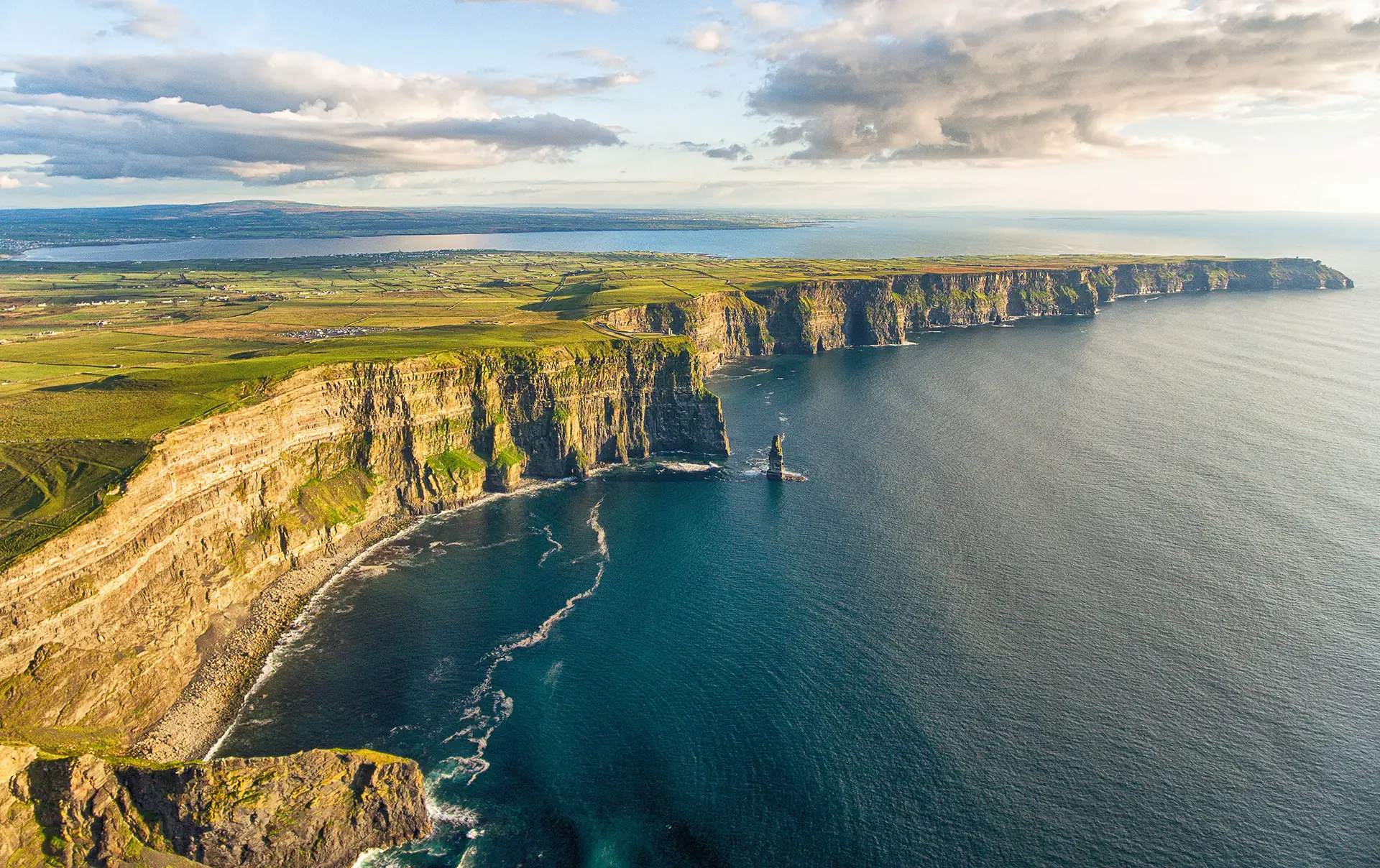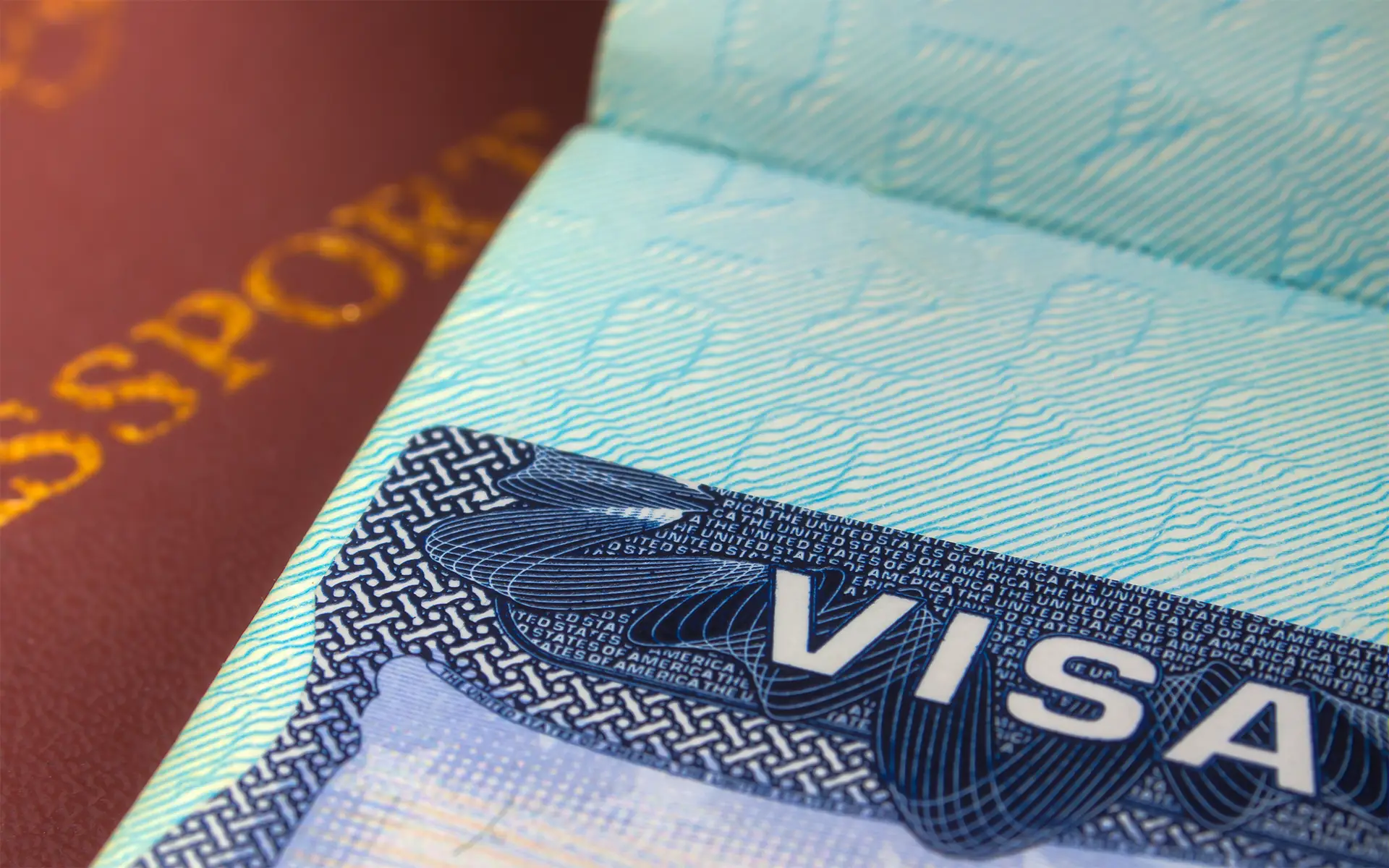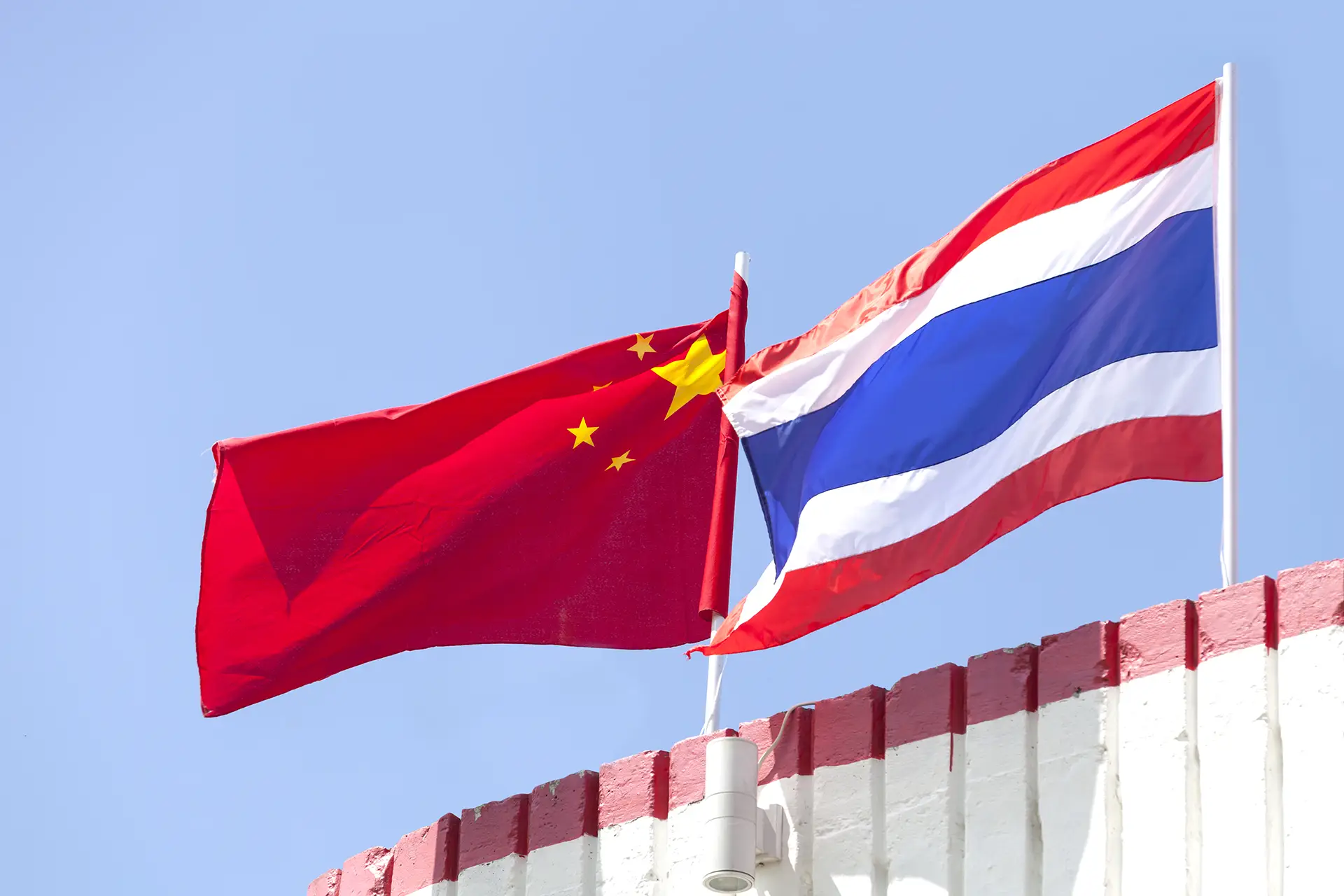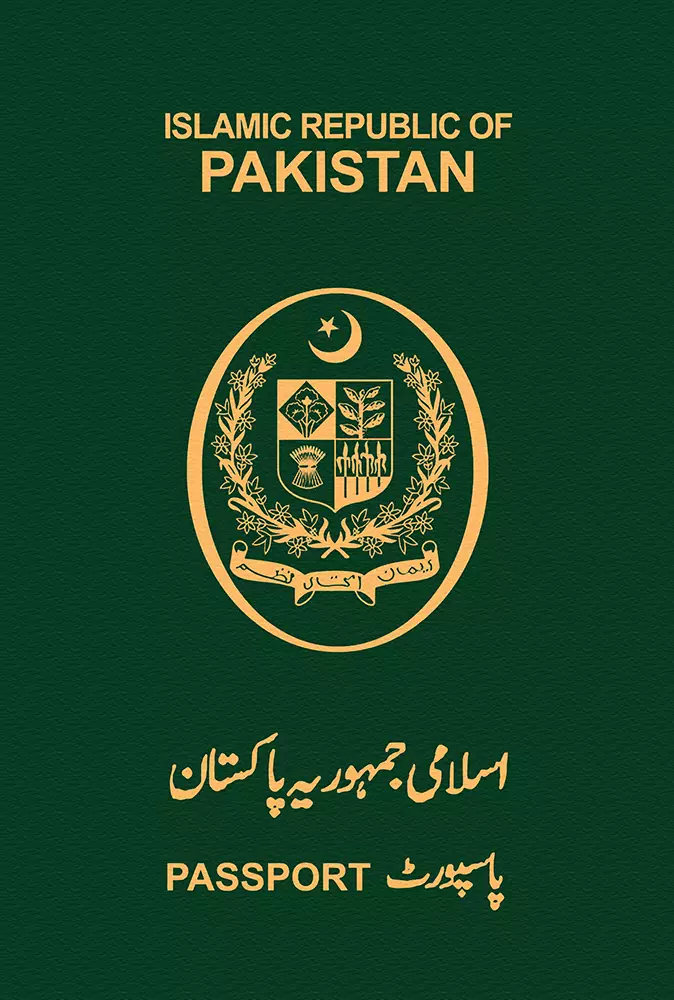
Pakistan
Pakistan passport ranking
The Pakistani passport is currently ranked 103rd place on the Guide Passport Index. It is considered the 4th lowest ranking passport in the world. Pakistani passport holders have visa-free access to only 33 destinations including Qatar, Dominica, Madagascar and Seychelles. There are 196 destinations for which a Pakistani passport holder requires to obtain a visa prior to traveling. That is the reason why the passport raking is low on the overall worldwide mobility score. For major destinations such as USA and the European Union, Pakistanis require to apply for a visa in advance. Visa applicants need to present documents such as proof of funds and return flight ticket.
Pakistan Passport Ranking
The Pakistan passport ranking relative to other global passports is calculated by adding up the number of countries that allow Pakistan passport holders to enter without a visa (i.e. visa-free countries) and those that allow Pakistan passport holders to enter by obtaining a visa on arrival (i.e. visa-on-arrival countries) or an electronic travel authorization (eTA). There are currently a total of 11 Pakistan passport visa-free countries, 20 Pakistan visa-on-arrival countries, and 2 eTA destinations.
Altogether, Pakistan passport holders can enter a total of 33 destinations—either without a visa, through a visa on arrival, or via an eTA. As a result, the Pakistan passport ranks 103 in the world.
Separate from these Pakistan visa-free countries and visa-on-arrival countries, there are 196 additional destinations which Pakistan passport holders either need a physical visa to enter or an eVisa (i.e. visa required countries).
About Pakistan
The Islamic Republic of Pakistan is made of 4 provinces. It is located in Southern Asia and borders India, China, Afghanistan and Iran. The most significant provinces are Punjab, Sindh and Khyber Pakhtunkhwa. The country has a total surface area of 881,913 square kilometers. The terrain is characterized by three areas: the Balochistan plateau in the west, the Indus River plain in the center and the highlands in the north. Its climate is mostly arid with warm summers and cold winters.
The overall population is over 242 million people. The capital of the country is Islamabad. The most populous city however is Karachi with more than 14 million inhabitants. The largest airport is Jinnah International Airport (KHI) with an approximately yearly passenger traffic of 7.5 million people. The airport is named after Muhammad Ali Jinnah, the founder of Pakistan. The airport provides many national and international destinations, with a focus on the Middle East.
Pakistan’s culture is dominated by the Islam with 96.4% of the population being Muslim. The official languages are Urdu and English. The legal system is a mix of common and Islamic sharia law. The government form is a federal parliamentary republic. The current chief of government is the elect President is Arif Alvi. The head of government is Prime Minister Shehbaz Sharif. All provinces have their regional governments, reporting to the central government in Islamabad. Families are the backbone of the society, often headed by a patriarch.
The official currency is the Pakistani Rupee (PKR). Its current exchange rate is about 226 Rupee to the USD. The country has an open economy, generating a GDP of approximately $1 trillion. The per capita income is $5,160. The largest portion of the GDP is generated by the services sector and agriculture. The main exports of the country are textiles, apparel, cereals, leather products and cotton. The GDP growth has been stable with around 5% per year.
The country has many natural and culturally unique attractions for tourists to explore. Pakistan has a total of 6 UNESCO world heritage sites scattered across the country. The main destinations for visitors are Swat Valley, Phander Lake, Lahore, Hingol National Park, the Kalash Valleys, Deosai Plains National Park and the Gorakh Hills. The capital Islamabad also offers a variety of museums and exhibitions showcasing the history and natural beauty of the country.
